Trust is not just a buzzword, although it forms the core of successful working environment. Mutual trust between HR and employees is a positive behavior; the results are a thriving collaboration, an extreme level of engagement, and better retention. But what can the HR professionals do to develop such trust? It also starts with deliberate acts and steadfast practices that portray dependability and sympathy.
Open Communication: The Heartbeat of Trust
Good communication is continuous. HR must prioritize:
● Transparency: Share company updates, policy changes, and decisions promptly.
● Active Listening: Acknowledge employee concerns and feedback.
● Clarity: Ensure messages are clear and free from jargon.
Regularly soliciting feedback through surveys or one-on-one meetings can bridge gaps and address concerns before they escalate.
Consistency and Fairness: Building Credibility
Employees value consistency. When HR applies policies equitably and follows through on commitments, trust solidifies. Inconsistent actions or perceived favoritism can erode credibility swiftly.
Advocacy: HR as Employee Champions
HR should position itself as an advocate for employees, not just management. This involves:
● Supporting Employee Interests: Championing initiatives that benefit the workforce.
● Providing Resources: Offering tools and support for professional development.
● Addressing Concerns: Acting on issues raised by employees promptly.
When employees perceive HR as their ally, trust naturally follows.
Empathy and Emotional Intelligence: Connecting on a Human Level
Understanding and addressing the emotional needs of employees can significantly enhance trust. HR professionals should:
● Demonstrate Empathy: Acknowledge and validate employee feelings.
● Provide Support: Offer assistance during challenging times.
● Maintain Confidentiality: Ensure sensitive information is handled discreetly.
Empathetic interactions foster a supportive environment where trust can thrive.
Transparency in Decision-Making
Employees are more likely to trust HR when they understand the rationale behind decisions. Whether it's about promotions, disciplinary actions, or policy changes, providing clear explanations helps demystify processes and reduces skepticism.
Continuous Feedback and Adaptation
Trust isn't static; it requires ongoing effort. HR should establish mechanisms for continuous feedback, such as pulse surveys or regular check-ins, to gauge employee sentiments and adapt strategies accordingly.
Conclusion
Building trust between HR and employees is an ongoing journey. By prioritizing open communication, consistency, empathy, and transparency, HR can cultivate a workplace where trust flourishes, leading to enhanced collaboration and organizational success.
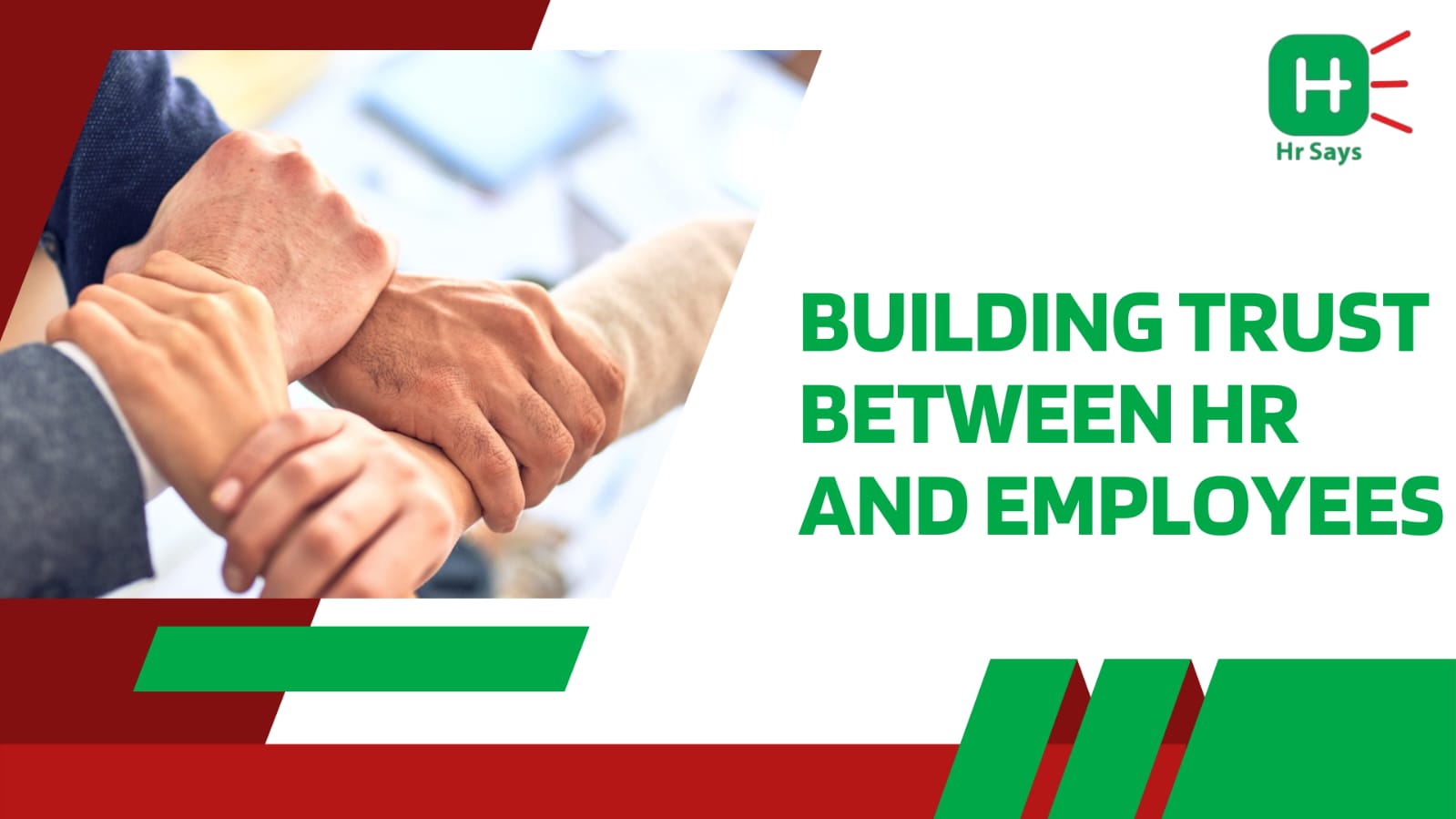
 Trust between HR and employees is essential for a harmonious workplace. This article explores strategies such as open communication, consistency, advocacy, empathy, and transparency to foster mutual trust, leading to improved collaboration and organizational success.
Trust between HR and employees is essential for a harmonious workplace. This article explores strategies such as open communication, consistency, advocacy, empathy, and transparency to foster mutual trust, leading to improved collaboration and organizational success.








.jpeg)
.jpeg)
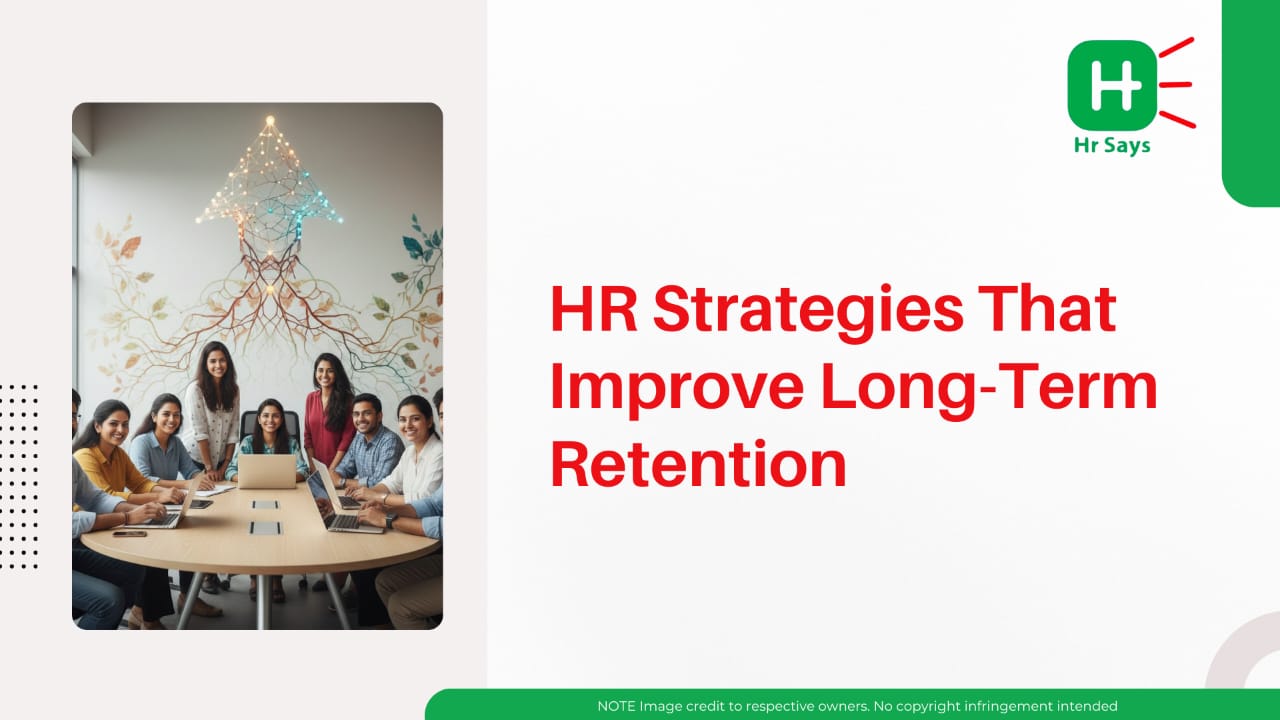
.jpeg)
.jpeg)
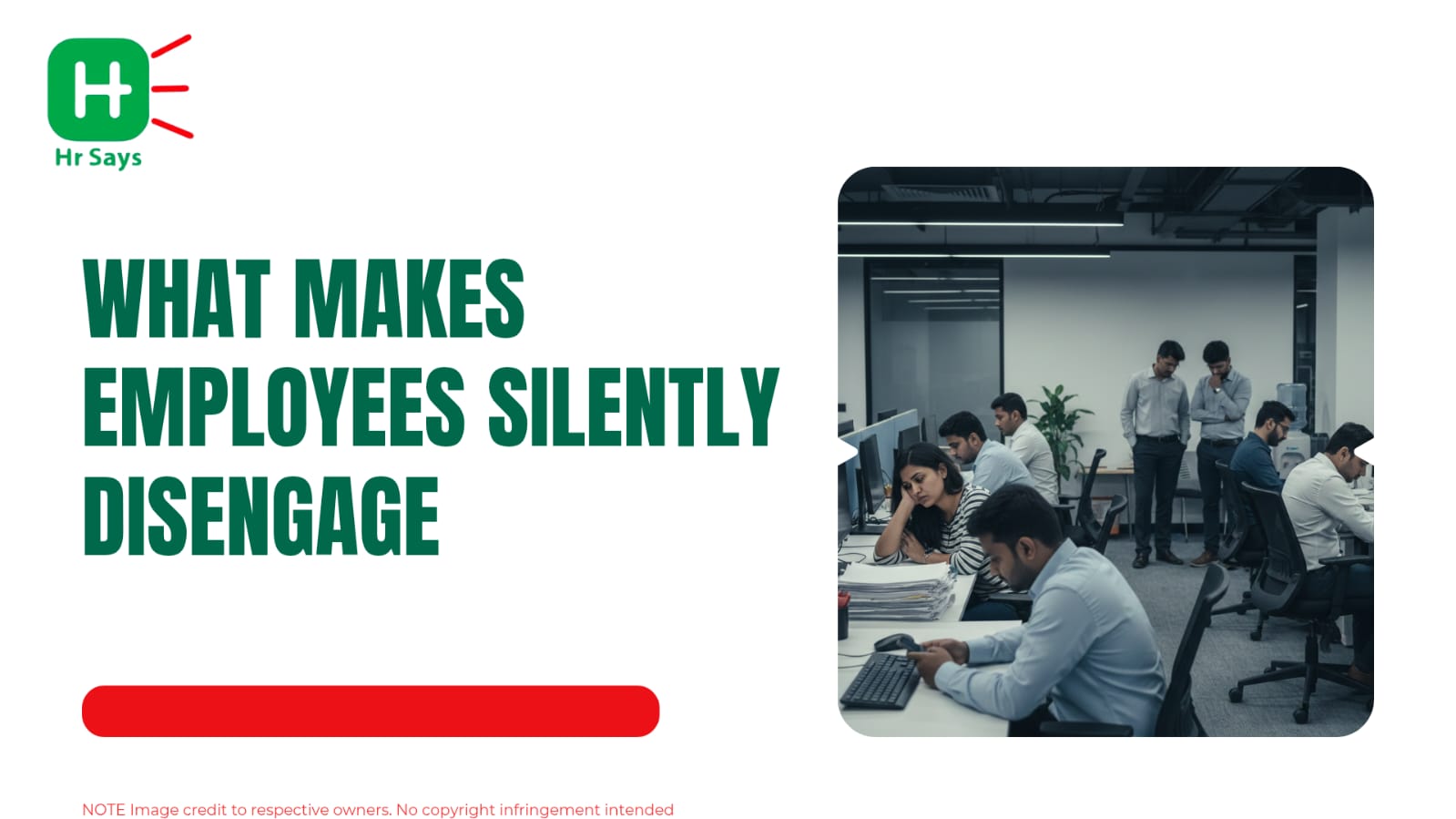
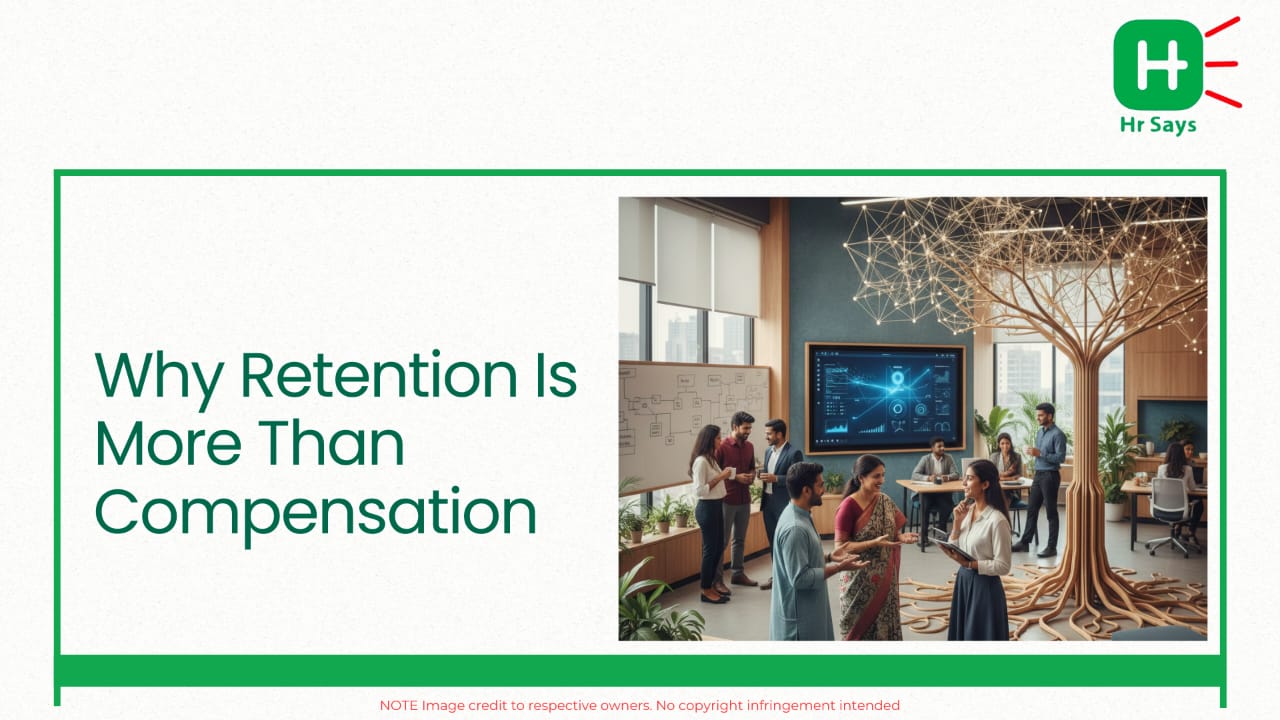
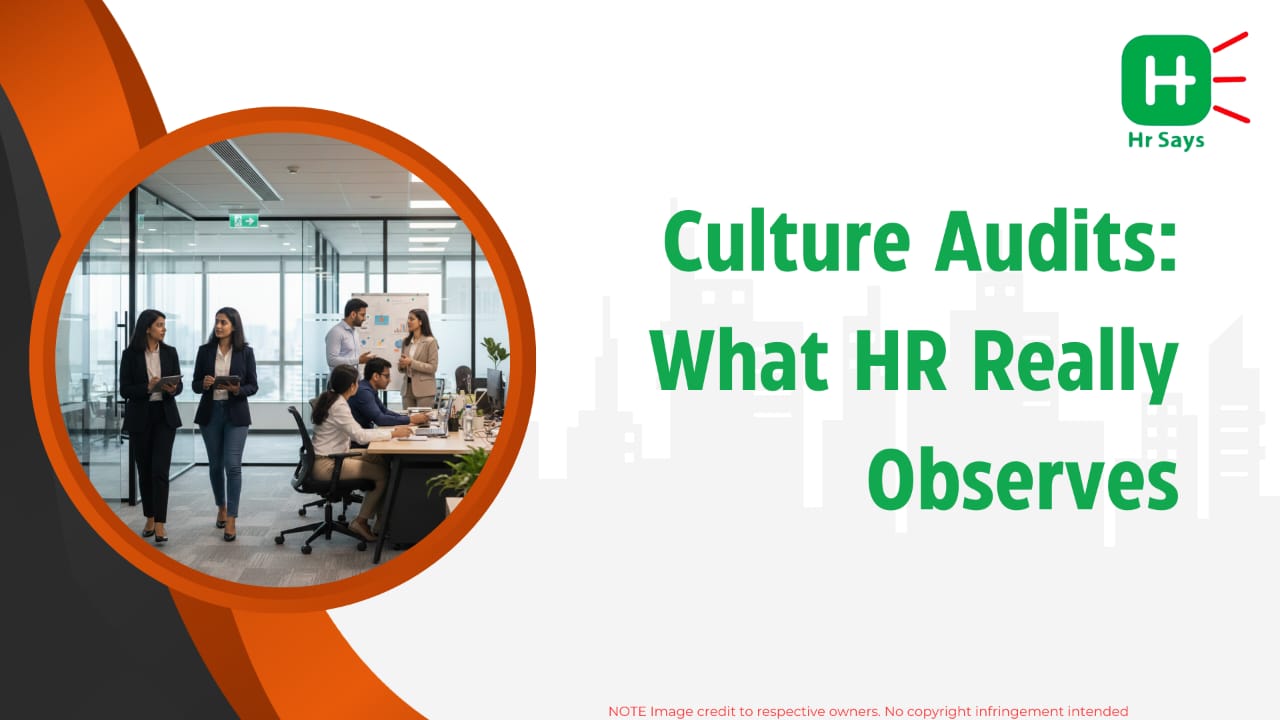
.jpeg)
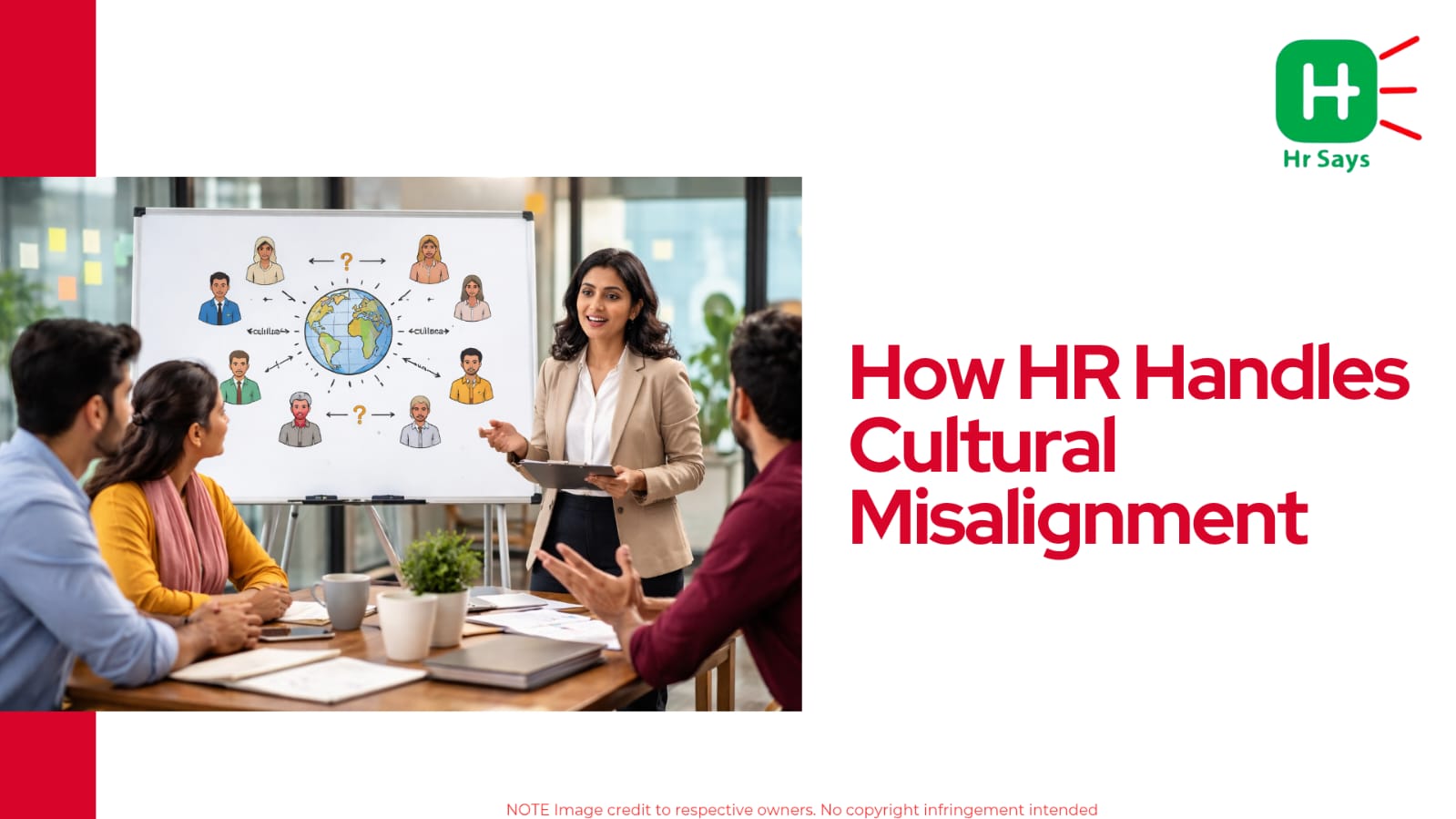
.jpeg)
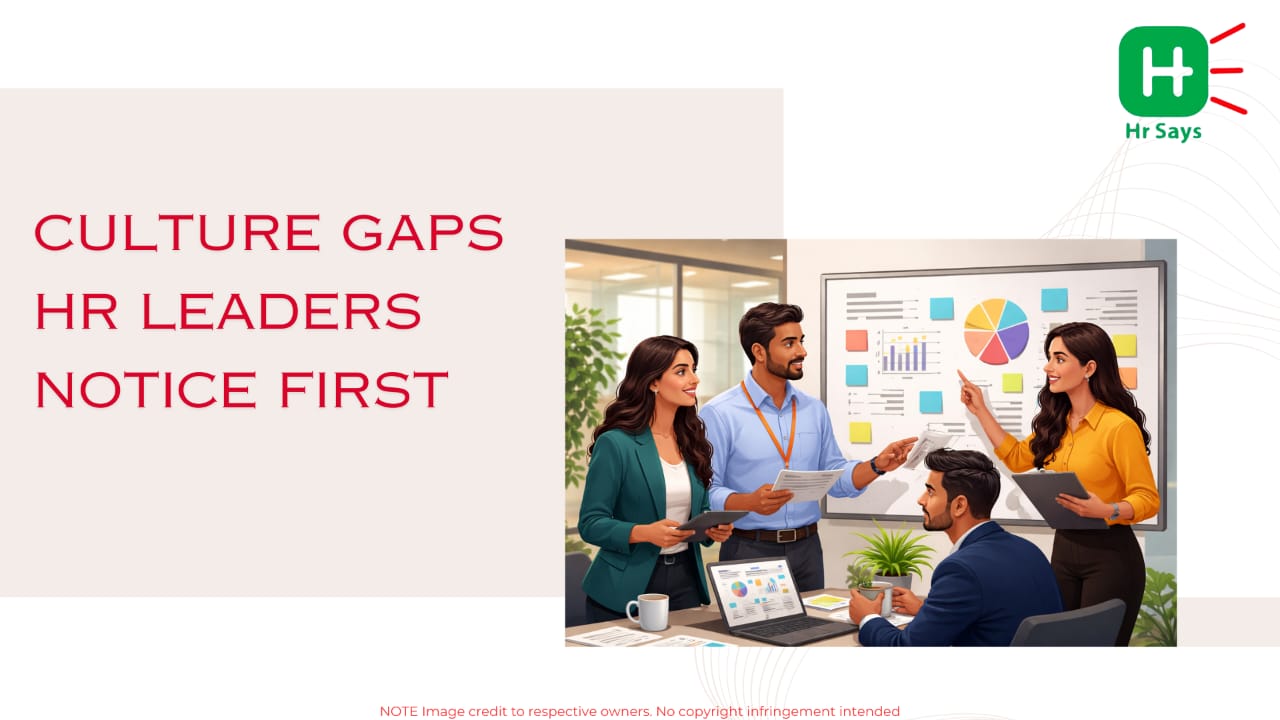
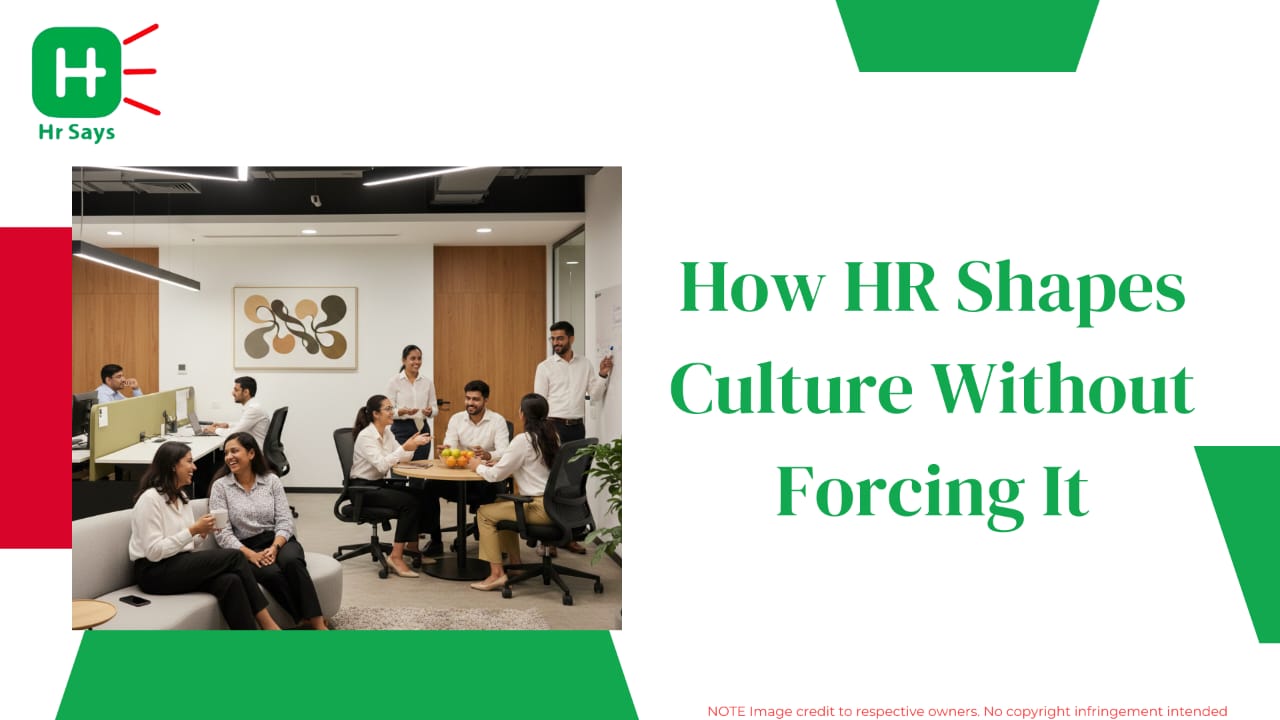
.jpeg)

.jpeg)
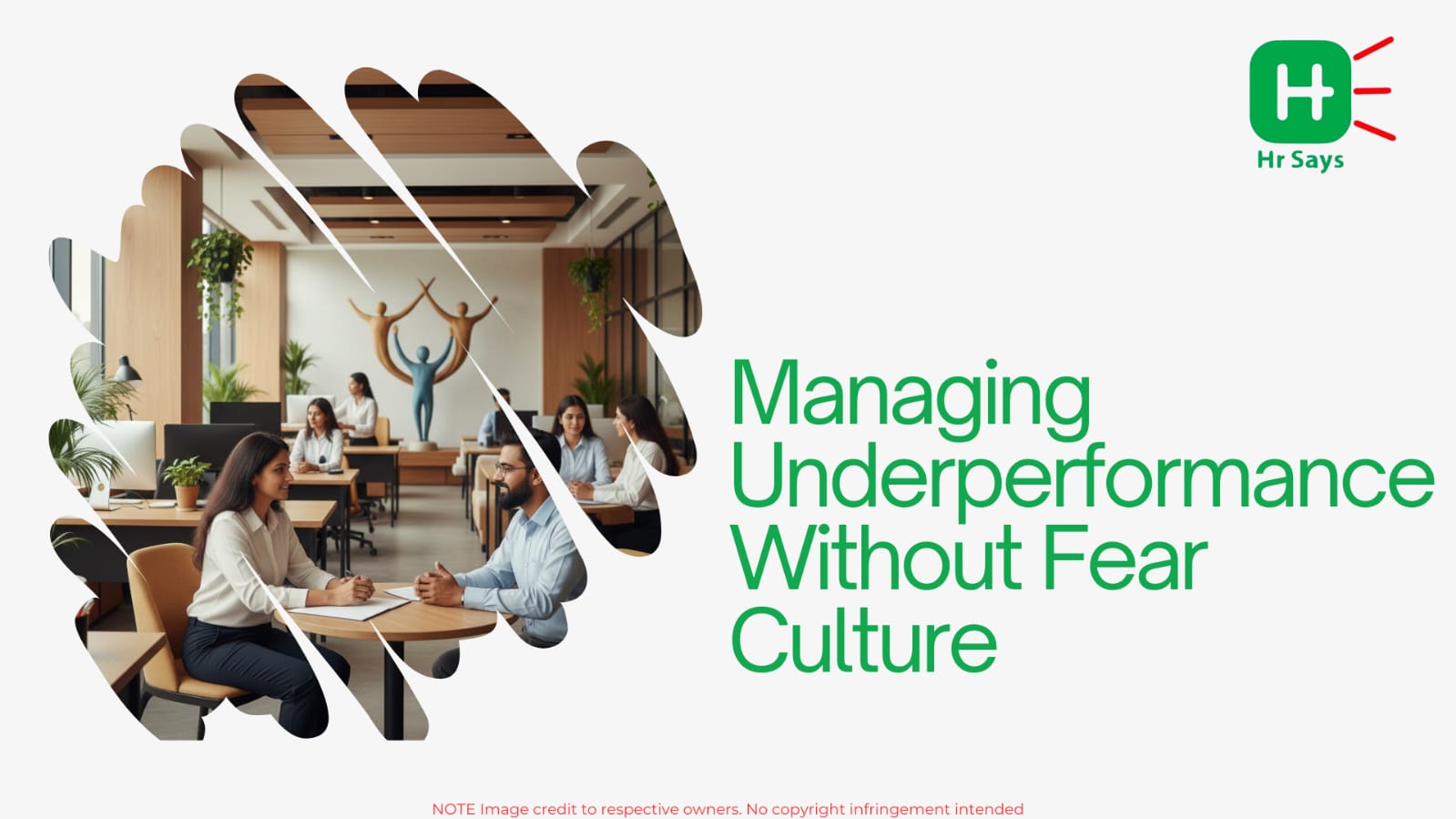
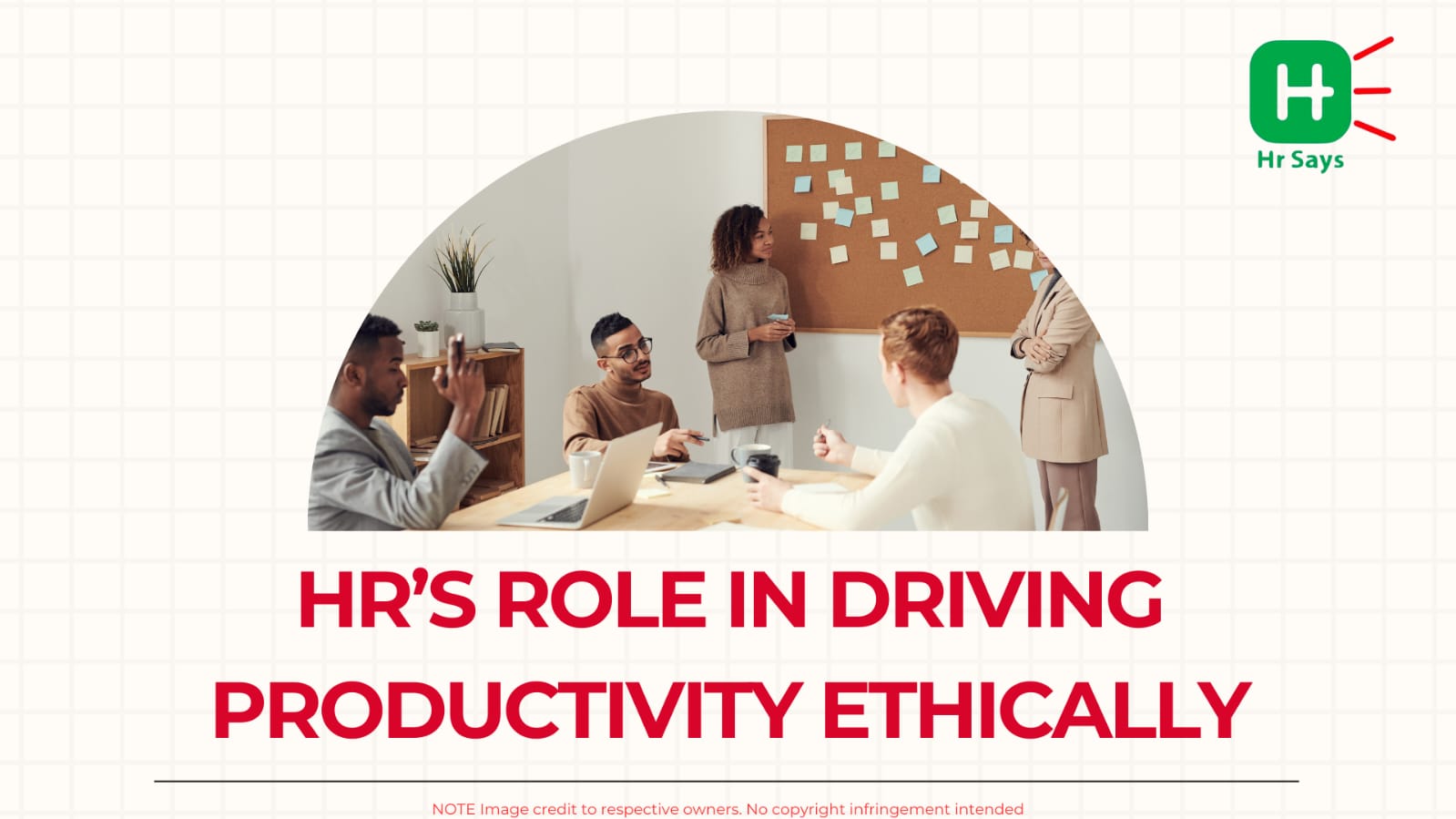
.jpeg)
.jpeg)